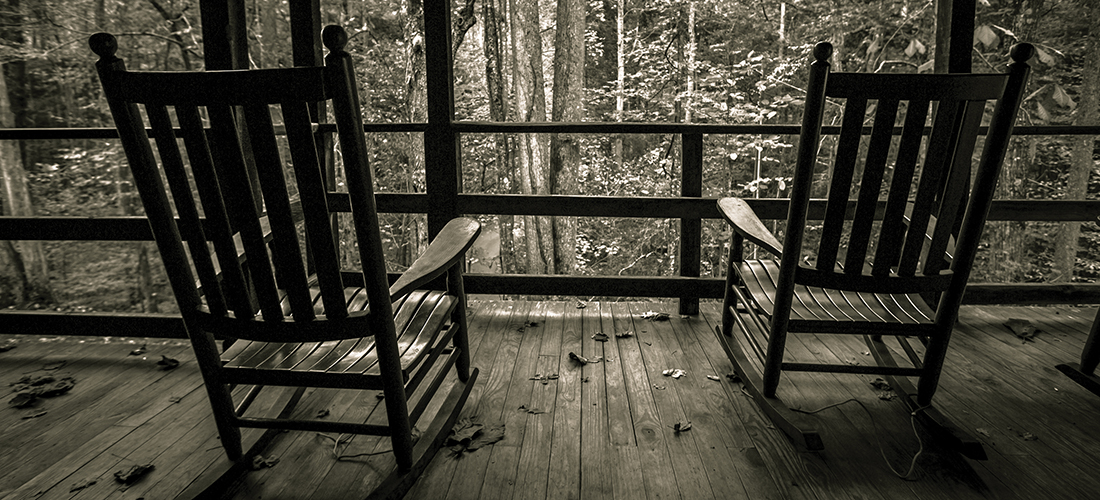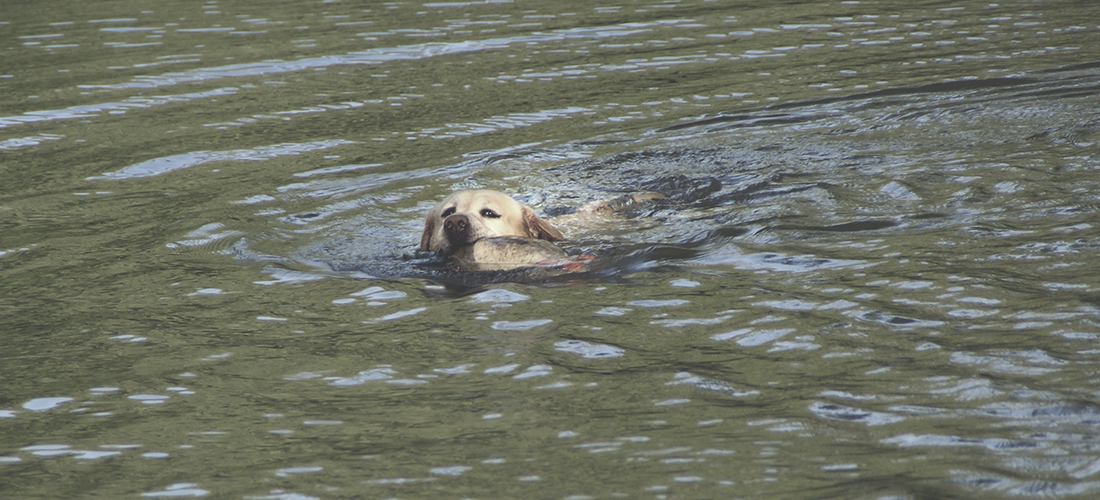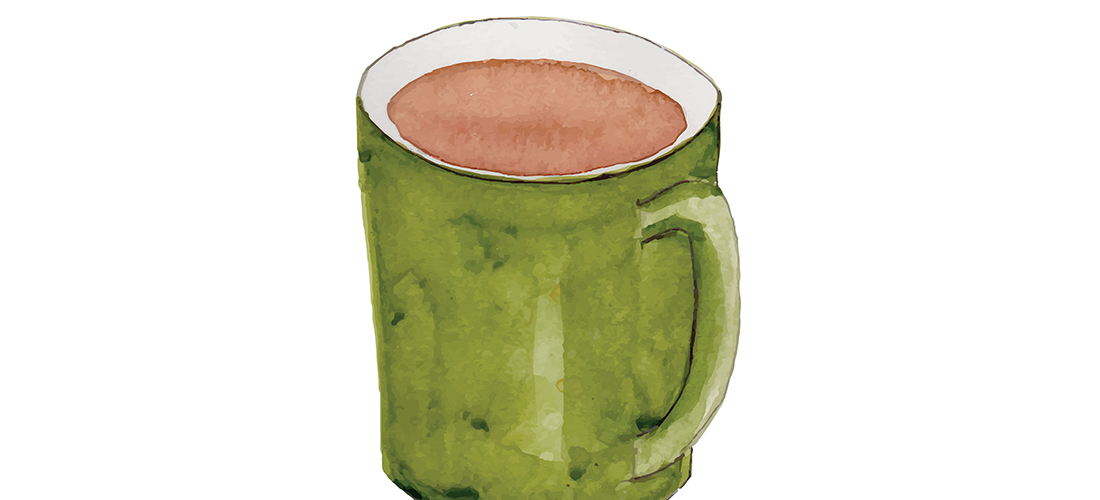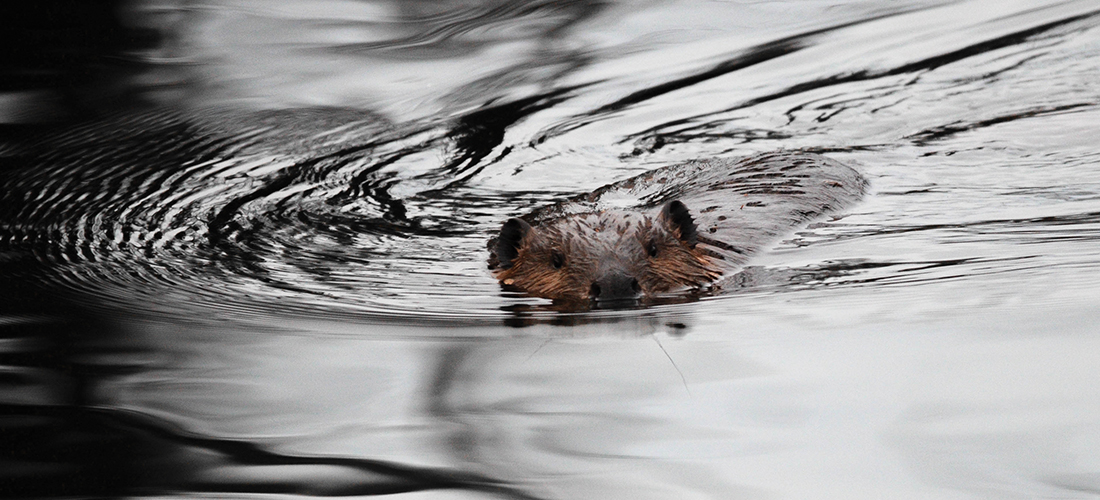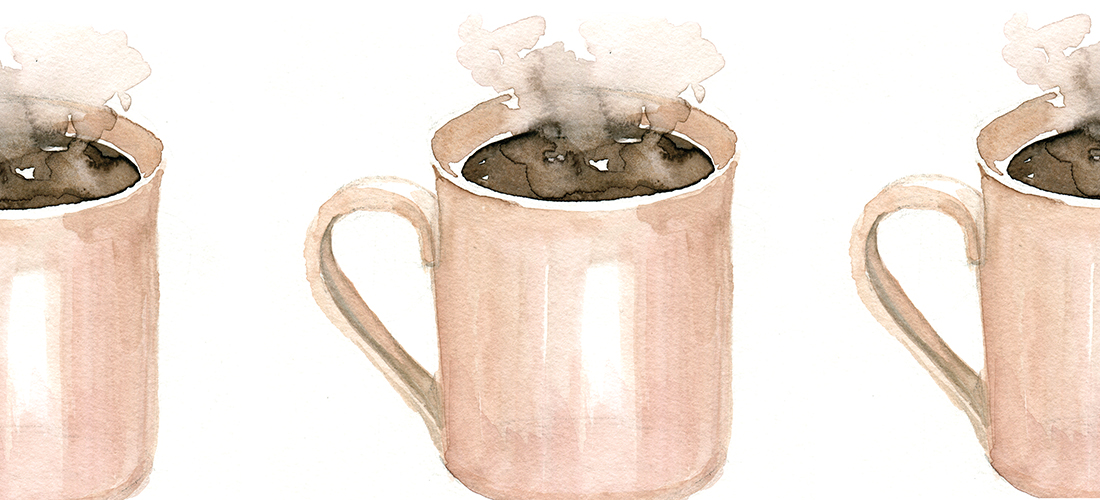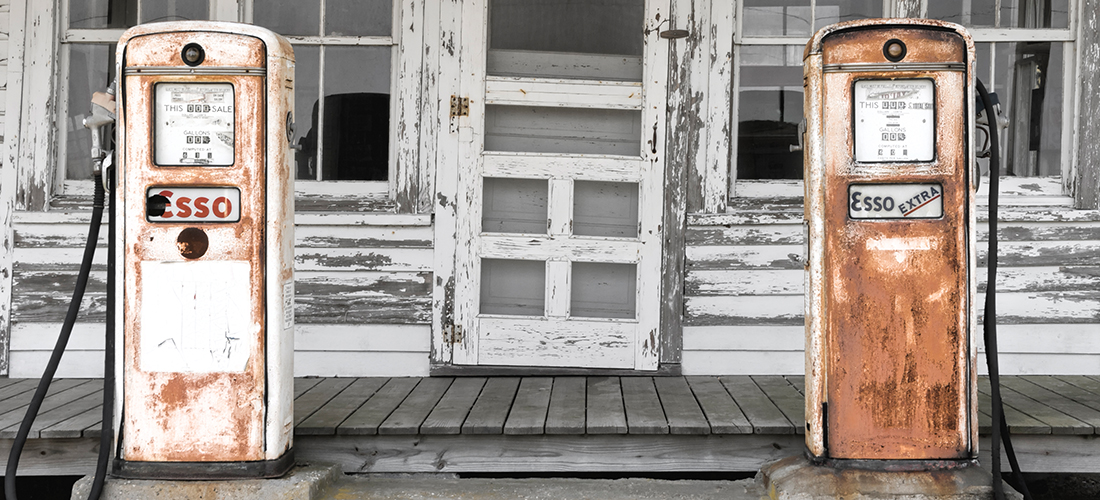Even the Romans knew not all change is good
By Tom Bryant
“January,” Bubba said, “was named after the god Janus by the Romans for their ancient calendar. He was supposedly the god of beginnings or transitions. I’m probably telling you something you already know, though. Right, Coot?”
It was early January of a brand new year, and we were kicked back in a pair of rocking chairs in a sunny spot on the wraparound porch of Slim’s country store enjoying the warmth of the mid-afternoon sun. Bubba had his legs stretched out and a steaming, freshly poured mug of hot coffee resting on the arm of his rocker. We had been in the woods early that morning squirrel hunting, a sport Bubba swears was regulated to the back corner by a bunch of yuppies who only enjoy the great outdoors so they can buy more spiffy clothes.
I was halfway dozing and really didn’t pay a lot of attention to what Bubba was saying. He was often coming up with some kind of off-the-wall information. He had bestowed the nickname Cooter on me years ago and it stuck. “Seems like I remember some of that stuff, Bubba. Maybe that’s why a lot of folks make New Year’s resolutions. That’s one type of new beginning, don’t you think?”
“You’re right,” he replied. “But I think you and I fall into the category of transitions. We’re too old for beginnings.”
“Nope, speak for yourself. I don’t consider myself old, maybe slowing down a little, but I can still do about as much as I could a few years back.”
“You don’t get it, Coot. I don’t mean that we can’t start a new beginning; but hey, I’m still working on some I started years ago. I just try to transition them every now and then. That way they feel like a new beginning.”
“So you’re saying some of the New Year’s resolutions you made long ago have just transitioned into things you are doing today? I’m gonna think about that for a minute while I freshen up my coffee. You want some?”
“No thanks, but you can bring me one of those ham biscuits that Leroy made this morning.” Leroy is Slim’s cousin and worked for him part time. He now manages the ancient store after Bubba bought the place when Slim died. The old store didn’t make too much money, but Bubba said it was a deal at any price. He needed a place to get away from too much civilization. It worked out well for both of them. Bubba had his place to go, and Leroy had a job he was familiar with.
I went into the store and said hey to a couple of the regulars who had just arrived. H.B. Johnson was dragging a slat-back chair from the corner to a spot in front of the woodstove. “You and Bubba outside? I saw him when I drove up. He looked like a sleepy old hound dog resting in the sun.”
“You’re not far wrong, H.B. He sort of favors a few hound dogs that I’m familiar with.” The guys laughed, and I poured more coffee before going back outside.
“Take Falls Lake,” Bubba said as I closed the side door and moved to my rocker. We hunted there last week and it’s nothing like what it was on our first visit, remember?” Bubba was on a roll. When he gets on a topic, he chews it front ways, sideways, upside down and backward, like a bulldog with a new ham bone.
“What’s that got to do with resolutions?” I responded.
“Well, the first time we hunted there they had just finished the dam, and we were some of the first to try the spot for ducking. It turned out to be one of the best in the area, and then here came the troops, more duck hunters than you could shake a stick at. Then the dam was closed and the lake filled and pleasure boaters came out all over the place, and duck hunting went south. Now that there aren’t so many hunters, ducks have rediscovered the lake and hunting is getting better. You might say the place has transitioned and we have along with it, thus proving that old Janus wasn’t far wrong.”
“As old as we are, we could probably use that analogy in many of our hunting spots,” I replied. “Take the Sartin farm, for example. Four hundred acres of some of the finest wild habitat in the whole county. Everything from ducks to turkeys and doves, deer and otter and beaver, even good fishing on the creek. All that is gone now, transitioned to 10-acre mini-farms owned by city folk who like to pretend they’re farmers. No new beginnings there. In that case, our good place to hunt and enjoy nature was transitioned slam out o’ business.” I could see Bubba literally chewing that over as he took a bite of his ham biscuit.
“You’ve got a point there, Coot. I guess that situation goes with the territory of living a long time and watching the dubious benefits of progress. Sometimes I think maybe we were born a little too late. Another good example of how progress has done us in would be duck hunting at Currituck. Remember when we would go every winter to hunt with the Whitsons? I think that old crowd there has died off, and the hunting is now so bad that hardly anyone hunts there anymore. Another sign of growth and the ‘benefits’ of development.”
Our conversation continued for a while until we decided to head home in time for our naps. I had a way to drive, so I bade the boys inside goodbye and told Bubba that I’d give him a call later in the week so we could plan our hunt to Mattamuskeet.
On the way home, I mused over our talks about resolutions and New Year’s in general. Bubba and I have seen a bunch of Januarys roll around, and for better or worse, we’ve made the best of whatever came. We’ve still got our health, and in the woods, we’re able to do about anything we want. As Bubba says, we’ve learned to walk around it rather than climb over. A certain amount of wisdom does come with age. I often wonder, though, what will the next generation experience? Will they be able to see tundra swans rafted up by the thousands on Lake Mattamuskeet, or even a wild squirrel scurrying around a giant oak as Bubba and I did that morning?
Time changes a bunch of stuff; and as the ancient Roman god Janus probably knew, not every new beginning is a good thing. PS
Tom Bryant, a Southern Pines resident, is a lifelong outdoorsman and PineStraw’s Sporting Life columnist.

